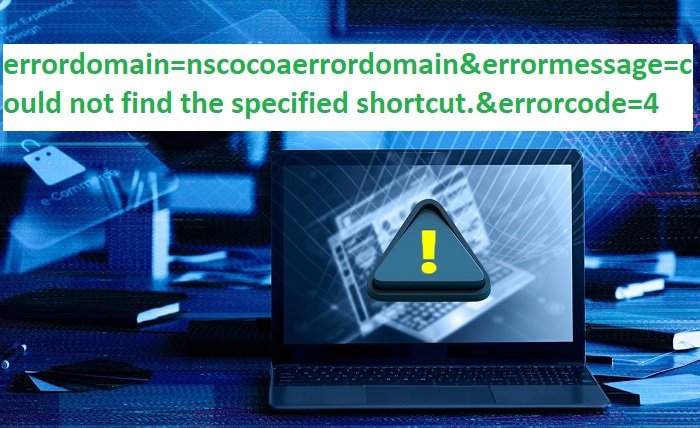Small businesses are becoming more tech-driven due to the rise of internet services. They use websites and online platforms to provide a seamless customer experience.
Digital tools have allowed small businesses to create a lot of online content. They can now engage with consumers and reach new, untapped markets.
Many ways connect businesses with customers. Websites and eCommerce channels are key. They generate leads, build a customer base, and boost profits. For example, Betamo makes gaming better for its users.
Websites: The Digital Backbone for SMBs
Small businesses rely on websites for communication and brand development. In 2021, 71% of small businesses had a website, up from 50% in 2018.
Websites are crucial for brand visibility, SEO, authority, and sales. Yet, managing them can be tough for those without coding or content management skills.
Web CMS solutions are now essential. They bridge the gap between business owners and digital content. The current landscape of the internet is shaped by the incorporation of Web CMS, which fuels more than 73 million websites and plays a role in a market valued at over $62.4 billion.
Choosing the right Web CMS can take time and effort with so many options. Make sure to steer clear of these five common mishaps when picking out a Web CMS for your small business.
Not Aligning Website Problems With Goals
Business owners often pick a web CMS. It seems to solve several website issues. But it often fails to fix key problems and meet business goals.
The issue is not with the Web CMS. Website owners frequently find themselves in need of analyzing their website requirements. Direct business goals that align with the website’s function are also necessary.
To avoid this, business owners should set their goals. Then, they should choose a content management system based on them. As the business expands, it’s essential to have a well-defined web strategy in place to optimize its operations.
Read More: Mega Famous 10000 followers
Thinking Too Big, Too Soon
Web CMS solutions have many features, plug-ins, and add-ons. Their purpose is to address intricate challenges.They offer business owners many options.
Yet, the many features and options have confused some owners. Owners, more than usual, think bigger solutions will fix their websites.
Some Web CMS projects may need less-modified solutions. Smaller, specialized tools can be customized to fit the unique requirements of a business.
Actionable advice: Keep the Web CMS simple. Develop a strategy that will grow with the business. A better understanding of website needs will speed up business goals. It will also make achieving them easier.
Thinking Web CMS Is a Web Development Tool
Web CMS is often seen as a web dev tool. But, business owners should consider its potential for long-term growth.
Web CMS solutions have tools to help businesses reach new markets. It’s vital to check how well these systems integrate with current ones. This is to ensure they meet business goals.
Actionable advice: Look beyond basic web dev features of Web CMS. This will help align performance with cost and enable better decisions.
Using Past Experience for Current Problems
Businesses often rely on past experiences to solve current problems. This can lead to poor choices when selecting a Web CMS. What was effective in the past may not be effective anymore.
Choose a content management system. It must fix current issues and support future growth.
Actionable advice: Use past issues to guide your CMS choice. It must meet your needs and support long-term growth.
Know the “what” and “how” of Web CMS solutions. This is key to using them well and getting results.
The Bottom Line
Knowing the pitfalls of choosing a CMS can help business owners. It can lead to better decisions that drive website success and growth.
Identify the issues and possible solutions to clarify your Web CMS needs.
Choosing the right CMS takes time. But, it’s vital for meeting business goals. Informed decisions lead to better results as your business grows.





